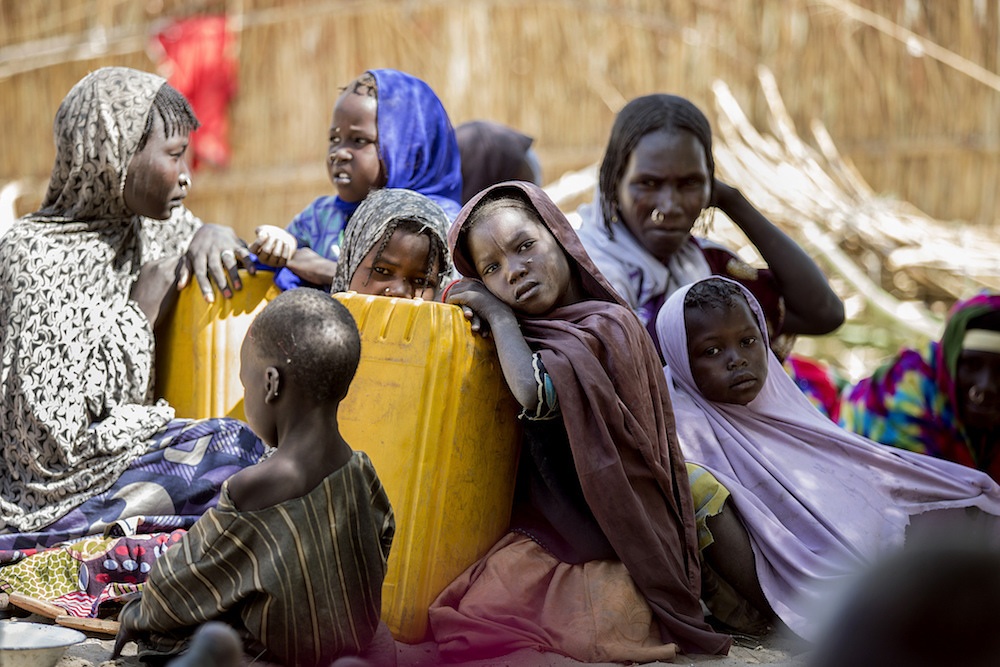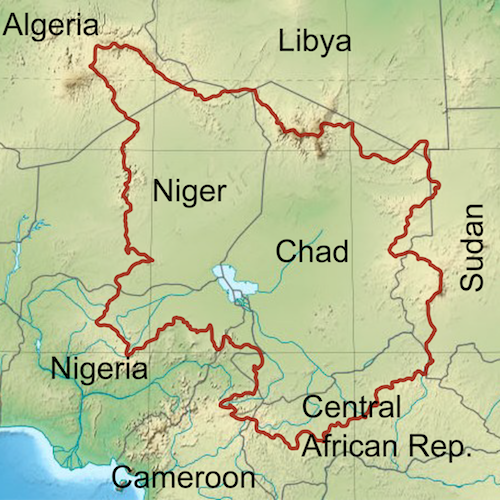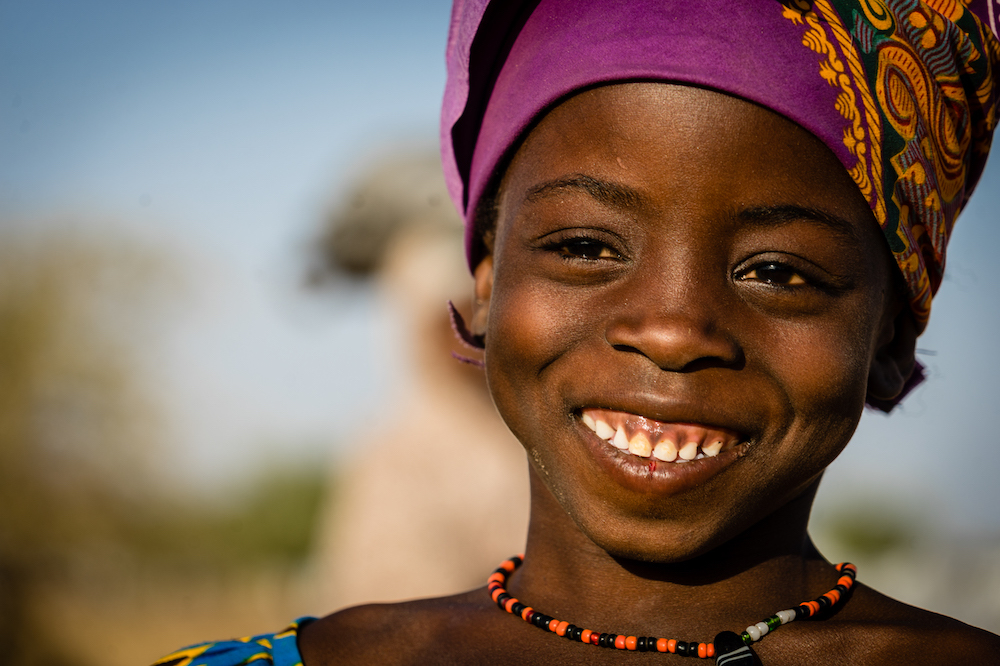
‘Forgotten’ Lake Chad crisis threatens the education of 3.5m children

Children in conflicts, Education in emergencies, Girls' education, Safe schools, Safe Schools Declaration
Against the backdrop of nearly 1000 schools shut down by conflict, a fundraising conference has been held to help the troubled region.
In the Lake Chad Basin, conflict and instability have been brewing for nine years. But this ongoing crisis gets little global exposure compared to Syria and Yemen.
It should. The effects of violence, poverty and hunger in the region are wide-reaching and devastating. More than 30,000 people have been killed, 2.4 million people are displaced and six million children need humanitarian assistance.
The impact on education in one the poorest parts of the world is massive. Almost 1000 schools in northeast Nigeria, Chad, Cameroon and Niger are either closed or not operating normally because of the violence and unrest.
The education of over 3.5 million children is now at risk, UNICEF has warned.
“Where there is insecurity, education can be both life-sustaining and life-saving,” said Manuel Fontaine, Director of Emergency Programmes at the United Nations children’s agency.

The Lake Chad basin has been hit by unrest for nine years now
“Education supports children and young people’s lifelong learning. It gives them the necessary skills to build a better future for themselves and their families, and to contribute to peaceful and prosperous communities.”
UN agencies, NGOs and more than 70 countries met in Berlin yesterday and pledges of more than $2 billion were made to help the people of the Lake Chad Basin.
This builds on last year’s conference in Oslo, which raised $672 million for humanitarian and development assistance and helped to avert a famine.
No indication was given of how much of the money will go towards education. But typically less than 2% of humanitarian aid goes to schooling children caught up in conflicts and disasters.
UNICEF alone needs $41 million for its education programmes in the region. In the first half of 2018, it received just 8% of that.
With Boko Haram still attacking schools in Nigeria, those programmes have included training for 150,000 primary school students on safe evacuation and lockdown procedures.
More than 14,000 teachers received training on integrating psychosocial support into their lessons. Communities were also encouraged to help with the protection of schools.
Many girls in particular have missed out on school because of the Lake Chad Basin conflict, leaving them with few skills for employment.
Girls are often beaten at home and even at school, according a survey by Plan International. More than a third of girls in the region who were interviewed said they felt unsafe at home, while more than a fifth had been beaten by teenage boys, teachers or family members in the past month.
Of all the girls surveyed, a third of those not currently at school had never been enrolled. Many said child marriage had increased during the crisis and the most common age at which girls are married off is 14 to 15.

(UNICEF / Bahaji )
“The striking part is the feeling of helplessness from these girls,” said Hussaini Abdu, Plan International’s Nigeria country director.
“They are extremely afraid of the militants and even at the domestic level they are not feeling safe,” he told the Thomson Reuters Foundation.
Schools are supposed to be safe spaces where children can learn and be with their peers.
Eighty countries have signed the Safe Schools Declaration – a commitment to keep students, teachers and their schools free from the fear of violence and occupation during armed conflict.
Theirworld and others have been campaigning for schools to be safe places for children to learn and be with their peers. While the majority of the 15 current members of the Security Council have signed the Safe Schools Declaration, only two of the five permanent members have done so.
France and the United Kingdom have shown the way by endorsing the declaration and we are calling on China, Russia and the United States to follow their lead.
More news

